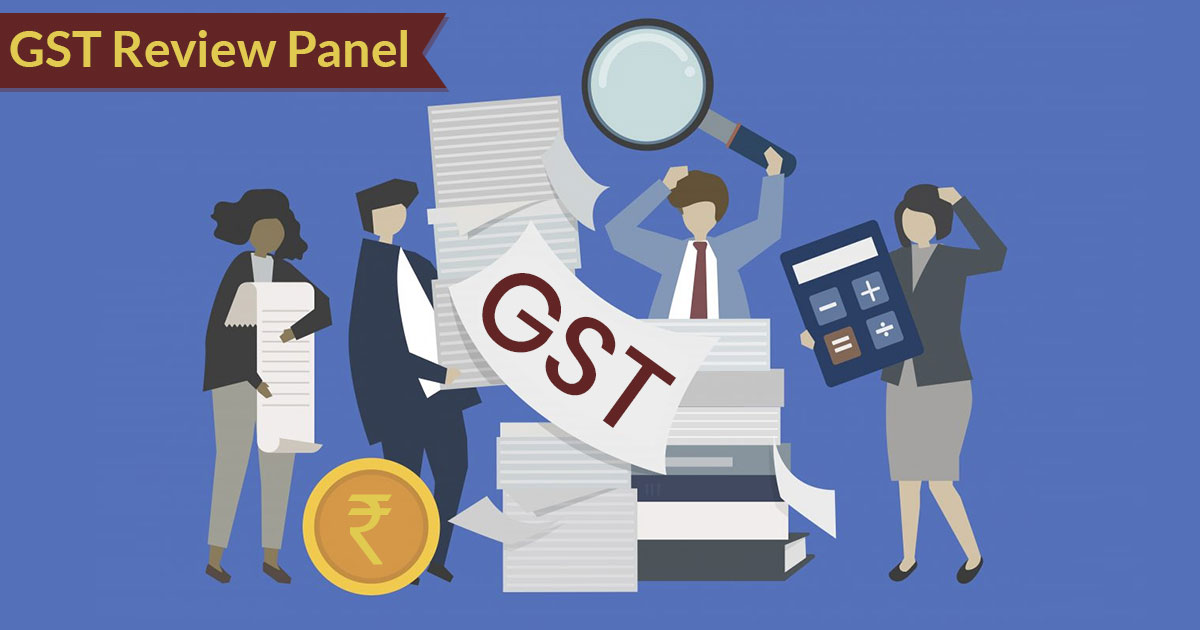Discussion will be held in its 1st meeting among the centre & state official of GST review panel which formed last week, regarding the measures to heat up the administration against the Goods & Service Tax (GST) offenders caught by the software especially invented for detecting the deceitful acts such as tax evasion and false ITC (Input Tax Credit) claim.
The current scenario apparently showcases a sharp decline in total GST collection. GST collection by the Centre and States in September summed up to ₹91,916 crores. The decline of 2.67% was encountered when the figure was compared with that of the same month of last year. This is the first time that monthly GST collections of this year are lower than the same months of the year-ago.
Taxpayers have ripped off the Government’s lenient approach so far. However, the GST review panel of 12-members especially formed to increase the revenue collection, will put heads together to curb the mistreatment of the Government’s attitude towards tax defaulters. The discussions will be held at the first meeting of the panel on Tuesday, in the presence of Revenue secretary Ajay Bhushan Pandey.
The two main reasons behind the huge leakage of GST is the wrong availment of ITC and Tax evasion. However, some measures like e-voicing and new format of return filing, that will become effective from January 2020 and April 2020, have been declared by Government to plug in the drainage of GST.
Abhishek Jain, the tax partner at EY India, said “Fake claims of input tax credit and tax evasion at the retail level are two major areas of revenue leakage that are likely to be in regulatory focus. Some steps have been taken recently to ensure that tax credit is not taken without actually paying the taxes,”.
He also added, “The new GST return filing format that will come into force from April 2020 and e-invoicing from January 2020 steps in the direction of plugging revenue leakage.”
Even the provisional tax credit through which the buyers of goods and services can claim to 20% of the taxes has been cut down by the GST Council last week if the seller does not upload the invoice details and contribute the tax which he collected from the buyer to the government revenue.
Fraud-Detection Software is an innovative & non-intrusive solution to fetch the defaulters without disturbing the sincere taxpayers. Data comparison & analysis will also be done to catch such tax evaders against whom the government will now take stringent actions. A report will be presented & presented to the GST council by the GST review panel. Indirect tax officials have already started matching the sales reported by businesses and traders under GST with the figures reported by them to the income-tax authorities to find the disparities.
Read Also: GST Council 1st Meeting to 37th Meeting: All You Need to Know
“The panel will have access to a significant amount of comparable data for the past two years on taxpayer compliance and revenues—these should be used to work out ways to enhance revenues without any disturbance to compliant businesses,” statement made by M.S. Mani, the partner at Deloitte India.
The Union government is making constant efforts to invent a foolproof measure to curb tax evasion and simultaneously trying to make GST more revenue-productive because it under obligation to compensate the states for their revenue deficit even if union government itself does not meet revenue targets. The GST review panel will discuss & find out the ways to boost revenue and expand the tax base without increasing the tax rates.










